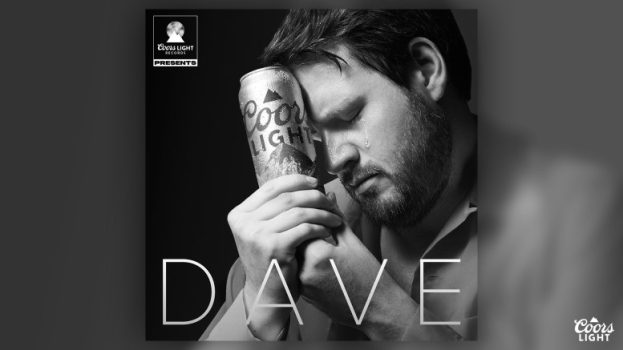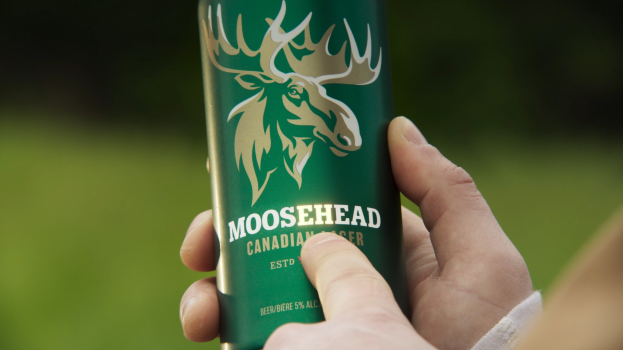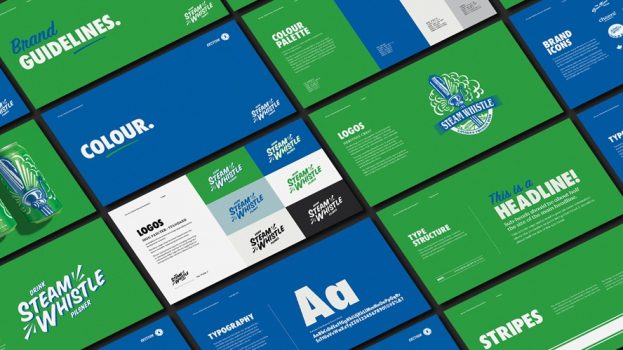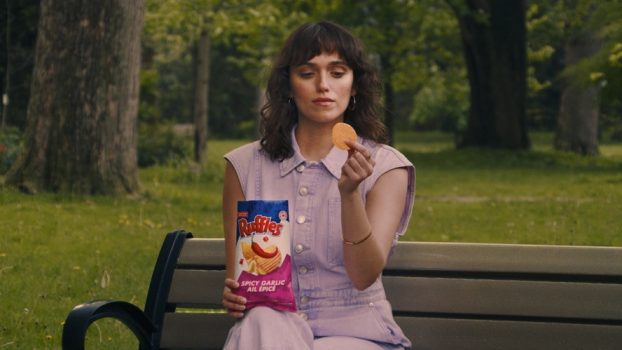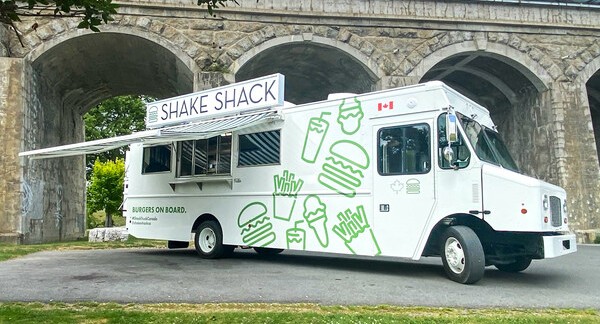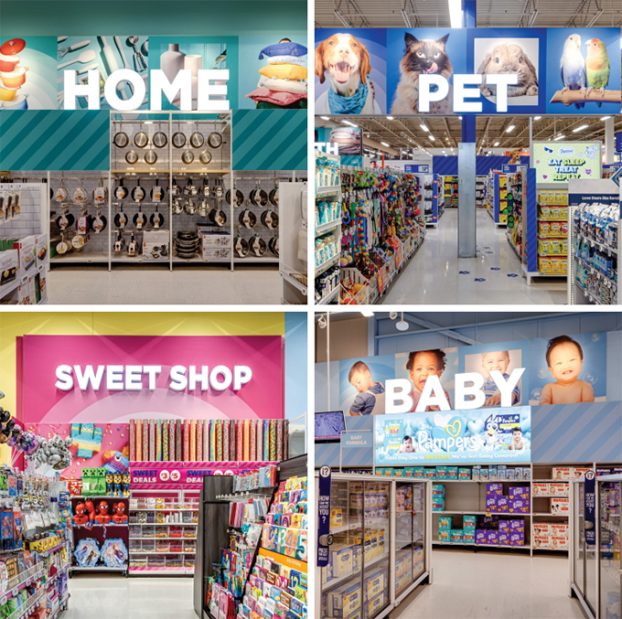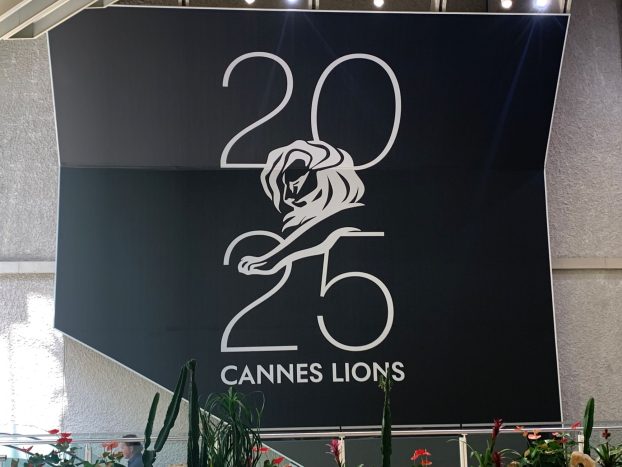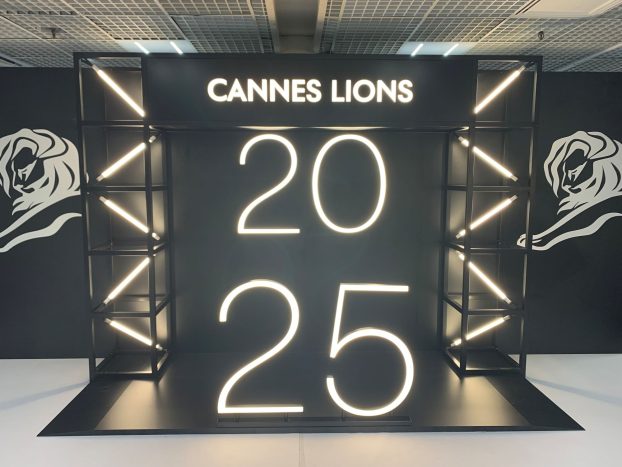As we do every year around this time, strategy is counting down the biggest stories from the past 12 months. Today, we are looking at the most popular stories from our weekly C-Suite newsletter, which covers how brand leaders are approaching the biggest market challenges and responding to new opportunities (and if you like what you’re reading, you can always subscribe here).
Be sure to also check out the year’s most-read agency stories, as well as ones that first appeared in our bi-weekly Shopper Marketing Report newsletter, weekly C-Suite newsletter and the pages of our print magazine.
No Frills turns “Haulers” into deal-hunting heroes
Since it created the platform in 2018, John St. has helped No Frills show its “Haulers” as having deal-hunting abilities that border on being superhuman. A new campaign this fall made that notion explicit.
According to No Frills’ brand director Ashley McGill, “Welcome to the Haulerverse” was about taking the grocer’s celebration of deal-hunting to the next level. Taking a cue from the Marvel Cinematic Universe, the campaign – animated in a comic book style – highlights all the abilities that make a good “Hauler,” from flying through the store to find flyer deals to the dad that manages to find everything on a seemingly endless shopping list.
Dove shows the “beautiful” courage of frontline workers
In April, as the going got tougher for those on the pandemic frontlines, Dove worked with Ogilvy to reframe its “Real Beauty” messaging, highlighting the courage of healthcare workers with their faces bruised and lined from wearing masks and PPE. The spot’s “Courage is Beautiful” tagline captured a broader Canadian sentiment.
UP apologizes on behalf of entire cannabis industry
Since it was legalized in 2018, recreational cannabis brands have had to drive brand recognition and differentiation amidst tight marketing restrictions, the exact boundaries of which are still sometimes left to interpretation. But there’s another reason no one brand or producer has really been able to break away from the pack: their weed isn’t very good.
At least, that’s according to more experienced cannabis users, who didn’t originally factor much into producers’ business plans, which were instead focused on bringing new and curious consumers into the category. Hexo’s UP brand (along with agency partner Sister Merci) tried to change that when it rebranded this year, launching a campaign that pulled feedback from social media and review websites and directly responded to it – usually with an apology, saying it “stepped UP” its portfolio with higher THC offerings. That is especially important to experienced consumers, and meeting that need is important if producers are going to pull them away with an illicit market they were already familiar and comfortable with.
Molson joins forces with other brewers for Canada Day
For Canada Day this year, Molson Canadian and Rethink came up with “The Canadian Case,” a 2-4 the brewer planned to distribute that also included any other local beer brand that wanted to participate. A spot promoting the case called out Labatt, Alexander Keith’s, Moosehead and Kokanee, as well as all the home and micro-brews, to come together in the case, while telling consumers to drink any “Canadian” they want to on Canada Day.
Marketing director Joy Ghosh told strategy that the campaign was in development pre-pandemic, and one could easily see how the campaign would have still been relevant, be it in terms of Molson Canadian’s previous “I Am Canadian” platform or as a way to fend off competition from imports. But the idea of coming together and supporting each other, especially as smaller brewers were less able to combat the loss of on-premise business, took on a slightly different importance this summer.
While none of the macro-brew competition ended up getting in on the case, more than two dozen brewers of varying sizes signed up by the time the case was ready for delivery.
With files from Justin Dallaire


